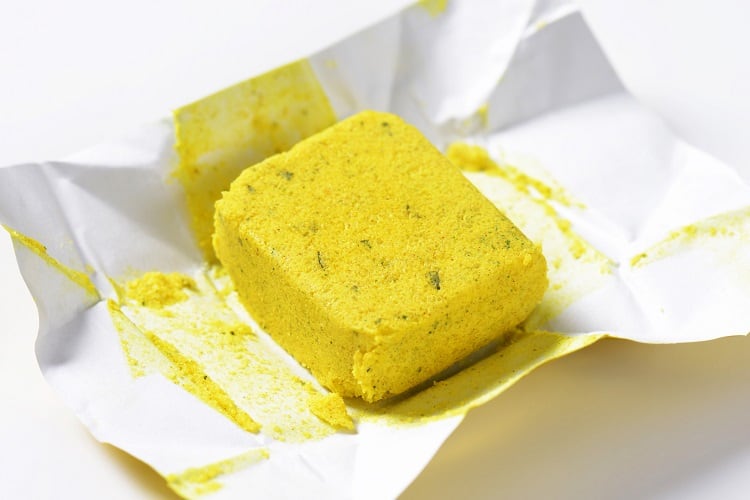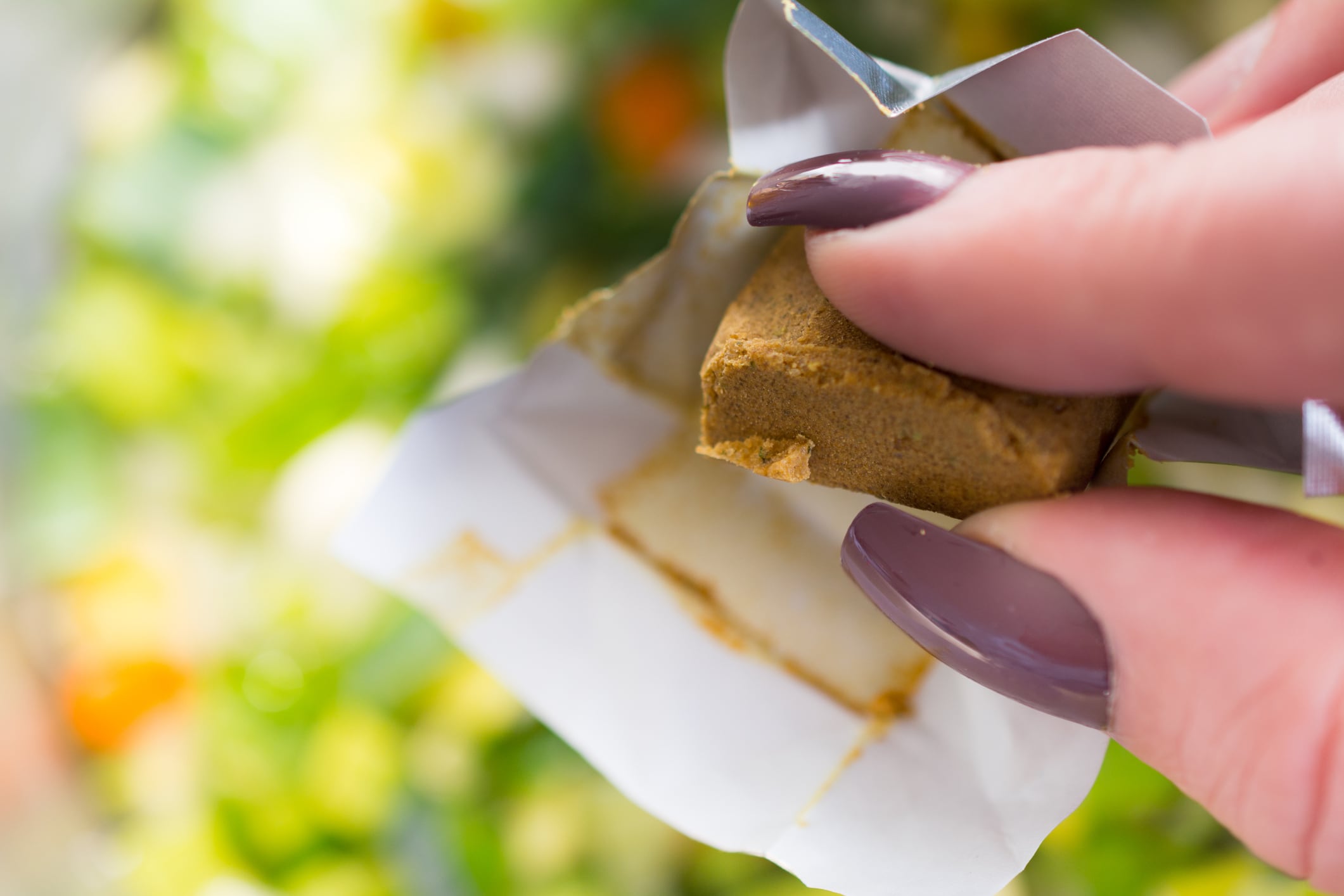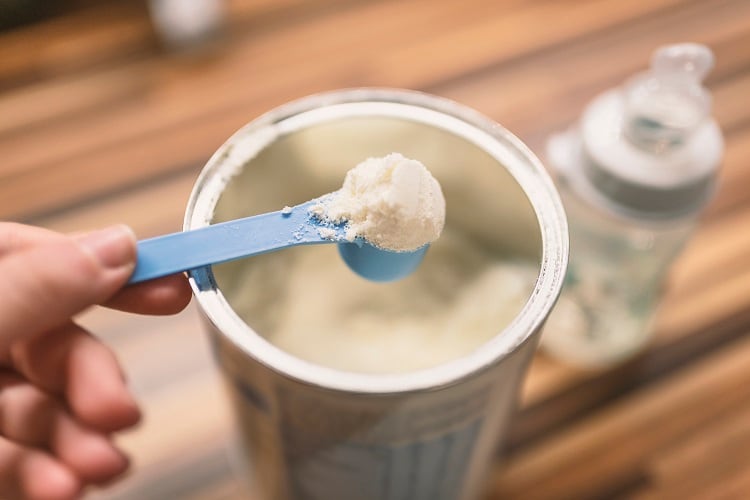Earlier this month, French authorities recalled three batches of Unilever’s Knorr bouillon cubes: one batch of salt-free vegetable stock and two batches of herb stock with olive oil.
The products are sold nationwide via supermarket retailers Carrefour, Cora, Aldi, Auchan, ITM, Casino, Francap, Monoprix, Leclerc, and Système U.
According to authorities, the ‘precautionary’ recall is due to packaging defects that could lead to the migration of contaminants beyond acceptable safety thresholds.
Unilever attributes the recall to industry watchdog Foodwatch’s 2021 report on the presence of mineral oil aromatic hydrocarbons – so-called MOAH – in food products across Europe.
MOAH in food
MOAH food contamination can occur via food packaging materials, food additives, processing aids or via environmental contaminants such as lubricants.
Foodwatch takes a zero-tolerance stance to MOAHs, deeming ‘any detectable presence’ in a food product ‘unacceptable’.
The European Food Safety Authority (EFSA) is also wary. According to the agency, MOAH are of ‘potential concern’ for human health, and some ‘may act as genotoxic carcinogens’.
Due to a lack of available toxicological data, no tolerable intake – with the exception of infant formula – has ben established across all 27 Member States. EFSA is working on an updated draft opinion for mineral oil hydrocarbons it expects to publish later this year.
In the absence of large-scale MOAH testing, last year Foodwatch took it upon itself to analyse food products across five European countries: Belgium, France, Germany, the Netherlands, Austria.
Spotlight on Unilever
According to Foodwatch, minerals oils have already been found in numerous foods, such as rice, pasta, chocolate, and edible oils. They can also be found in packaging, children’s toys, animal feed and cosmetics.
Of the 152 products analysed by a laboratory on behalf of Foodwatch, 19 (12.5%) were found to be contaminated with MOAH. Contamination levels ranged from 0.63mg per kilo of product to 82mg/kg.
In the case of Unilever’s Knorr bouillon stock cubes, MOAH content varied amongst the different countries. However, according to the watchdog, ‘several batches’ tested were found to be ‘highly contaminated’.
“They ranged for the Knorr bouillon stock cubes between 6.4mg/kg MOAH in Knorr Goldaugen (Austria) and Knorr Finesse Groenten/Legumes Bouisson (Belgium) to 52mg/kg MOAH in Knorr Bratensaft Basis (Germany),” Foodwatch Nederland campaigner Frank Lidner told FoodNavigator.
‘We will not take any market action’
It is this report that Unilever attributes to the recent recall in France. “Following the Foodwatch report, the French MCO has received a request from the French authorities to recall the bouillon products in question, based on the precautionary principle, in a context where the EU Commission is currently working to clarify their position regarding mineral oil thresholds,” a Unilever spokesperson told this publication.
In response, Unilever ‘thoroughly’ investigated the individual measurements reported by Foodwatch.
“Our analysis confirms that the Knorr products in scope are safe to consume and the product and packaging meet relevant regulatory requirements,” we were told.
Foodwatch said it was awaiting reply from correspondence sent to Unilever in Germany and the Netherlands regarding its findings, but that the French office responded once it had conducted its own analysis.
"The results have confirmed that our Knorr products are safe to consume and comply with relevant regulations,” Unilever told Foodwatch. “This means that we will not take any market actions."




